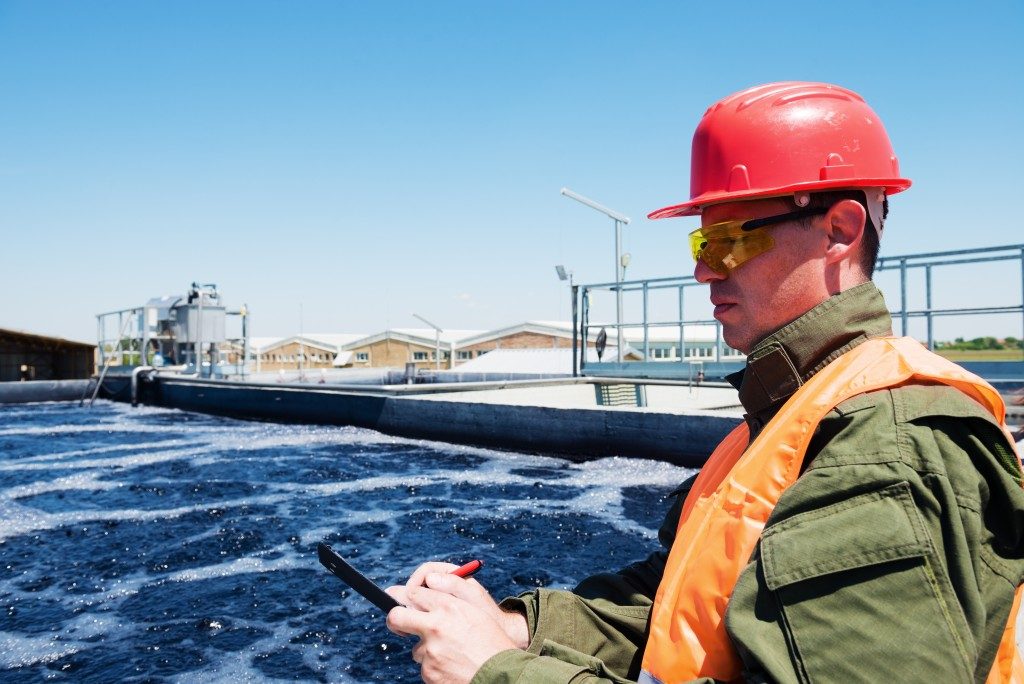Across the past half-century, humans have constantly been improving the extraction and distribution of water for household, business, and industrial purposes. The recent decades even saw great innovations of treating wastewater, essentially recycling it for further use or for release back to the environment. Through the use of a wastewater treatment system, used water is revitalized, significantly reducing pollutants to levels the natural ecology can handle. There are pertinent reasons wastewater treatment should be done before release to the environment, among other end goals. Along with accomplishing such purposes are benefits that are sustainable and safe.
To keep water pure, treatments must be undertaken to remove effluent or suspended solids. Nature and humans require a constant supply of clean and potable water. Such need is integrated to balance the resource supply for efficient environmental and human ecological systems.
To Improve Fisheries and Water-based Industries
With clean water, the fishery industries can thrive. Plants and animals living in water demand water that is pollutant-free. In effect, nature will produce enough fish and aquatic resource supply to humans. This, in turn, improves business and economy. It provides a sustainable catch for human consumption while fueling the fish processing industry and other related industries.
To Protect Wildlife and Its Habitats
Water systems are important habitats for many terrestrial species, not just aquatic species. From inland waters to coastal areas, there is wildlife that relies on clean, abundant water. First, they serve as food for wildlife populations. Food sources maintain populations. Second, they serve as key ecological spots for breeding and raising young. Polluted and toxic water systems cannot harbor wildlife and the natural processes that come along with it. In a way, clean water systems are conservation mechanisms meant to protect important habitats.

To Enhance Recreation and Quality of Life
Water systems are also a recreational source for people. The aesthetic value of nature is compounded with water systems that are neat, refreshing, and beautiful. As a result, activities such as swimming, boating, and fishing are sought after. A recreational culture is created along areas with clean and healthy water systems, eventually growing into tourism hot spots. By providing people with a safe place to unwind, quality of life is enhanced.
To Promote Health and Well-being
Only three percent of the earth’s water is potable. Nature can clean wastewater, but it takes time. Wastewater treatment speeds up the cleanup and guarantees reuse. Clean water sources commensurate to communities with remarkable public health outcomes. With potable water sources, we can avoid diseases and their spread. Contaminated water can enter groundwater, affecting the purity of water tables. Polluted water is a breeding ground for bacteria and viruses. Treating water to avoid a public health outbreak is fundamental.
Wastewater treatment is a process that aids the natural environment in cleaning the world’s water systems. It is a product of decades of constantly innovating treatment processes to make life easier. Aimed at improving the overall natural ecology, water is not only clean and potable but also healthy enough for the survival of humans and nature.
